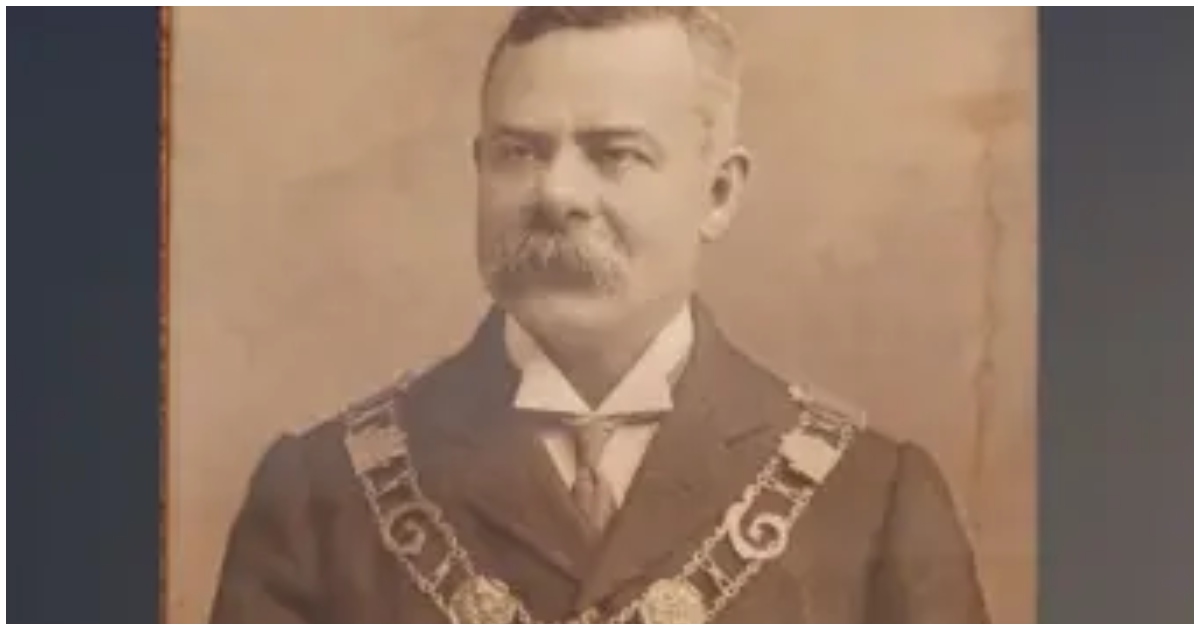Allan Minns became the UK’s first Black mayor in 1904, and his contributions to Thetford continue to inspire today. Serving as mayor of Thetford in Norfolk for two terms between 1904 and 1906, Minns was instrumental in implementing a range of public health and community improvements that have left a lasting legacy.
His role as both a leader and doctor enabled him to revolutionize healthcare in the town, helping transform public spaces, boost local infrastructure, and elevate the wellbeing of the community. Despite being largely forgotten for years, his achievements have been rediscovered and are now celebrated for the profound impact he made.
Medical Reforms That Improved Lives
Allan Minns’ career as a doctor was the foundation of his work in Thetford. After moving to the town in 1885, he joined his brother Pembroke’s medical practice. Over time, Minns became the town’s workhouse and cottage hospital doctor, where he introduced many reforms aimed at improving patient care.
Minns was passionate about public health. He implemented measures to control infectious diseases and introduced more comfortable beds at the workhouse. His efforts to modernize healthcare also extended to writing a book in 1888 titled Fresh Air and Common Sense, which emphasized the connection between nature, health, and wellbeing. These medical reforms earned him widespread respect and established him as a figure of great importance in the town.
“His contributions to Thetford’s health services cannot be celebrated enough,” said Katie Wright, heritage manager of Thetford Town Council. “He transformed lives and cared deeply about the wellbeing of the town’s people.”
Championing Infrastructure and Community Development
In addition to his medical work, Allan Minns used his role as mayor to drive significant improvements in Thetford’s infrastructure. One of his most notable achievements was cleaning up the town’s river, which had long been a source of public health concerns. Under his leadership, the river was revitalized, enhancing both the environment and the health of the community.
Minns also expanded the town’s fire brigade, ensuring it could better serve the growing population. His vision extended to recreational spaces too. He spearheaded the creation of a pavilion on the town’s recreation ground, providing a communal space for residents to gather and enjoy events.
“His legacy in Thetford is not just in the medical field. He improved everyday life for the entire community,” said Melissa Hawker, learning officer at Ancient House Museum.
A Forgotten Legacy Rediscovered
Despite these groundbreaking achievements, Allan Minns’ story was largely forgotten for many years. It was only in 2005 that historian Frank Meers, from the Norfolk Record Office, rediscovered Minns’ pioneering role as the UK’s first Black mayor. Prior to this, John Richard Archer was mistakenly believed to hold that title after being elected mayor of Battersea in 1914.
Since 2010, the Ancient House Museum in Thetford has been working to preserve and share Minns’ story. Through talks, events, and school workshops, they ensure that his remarkable contributions to the town are remembered and celebrated.
“People are often shocked to learn that Thetford had the first Black mayor more than a century ago,” said Wright. “It’s a story that continues to amaze and inspire new generations.”
The Minns Family’s Impact on Thetford
The Minns family had a deep connection to Thetford. Allan’s sister Ophelia was also involved in public service, later becoming a town councillor herself. She played a role in nursing their brother Pembroke before his death in 1912. The family’s commitment to public health and community development extended through generations, and their contributions to Thetford are still remembered today.
For nearly 40 years, Allan Minns devoted his life to Thetford. He married twice, had five children, and made an indelible mark on the town. From medical reforms to infrastructure improvements, his legacy stands as a testament to the power of leadership, care, and vision.





